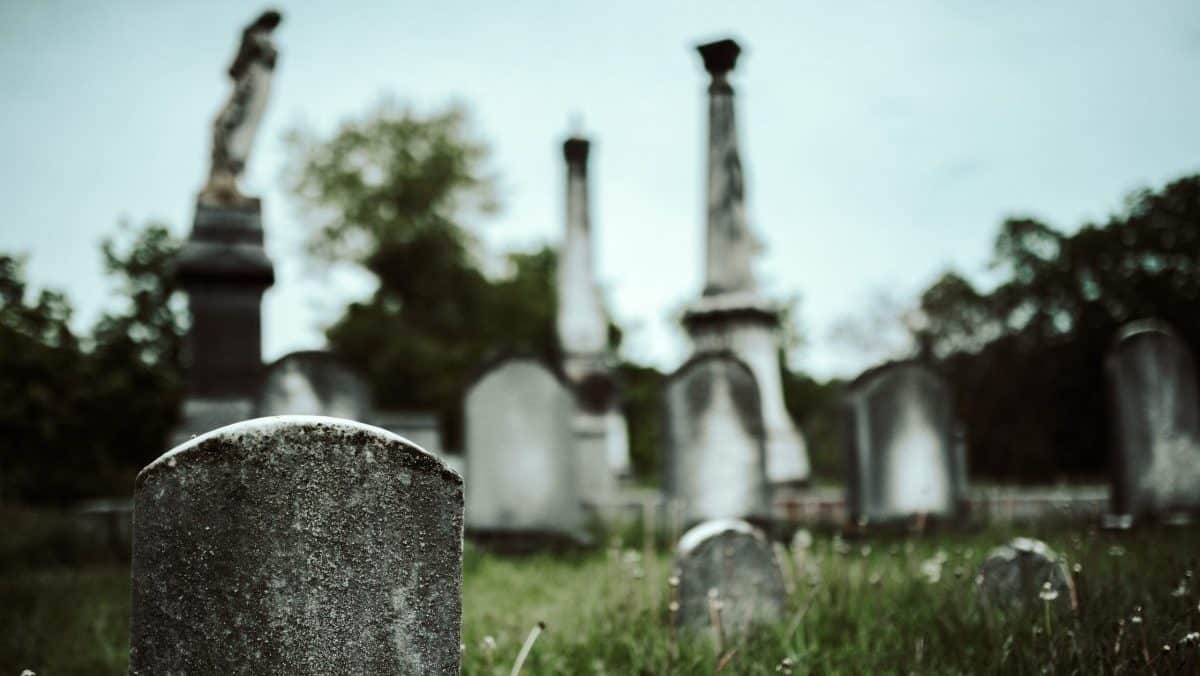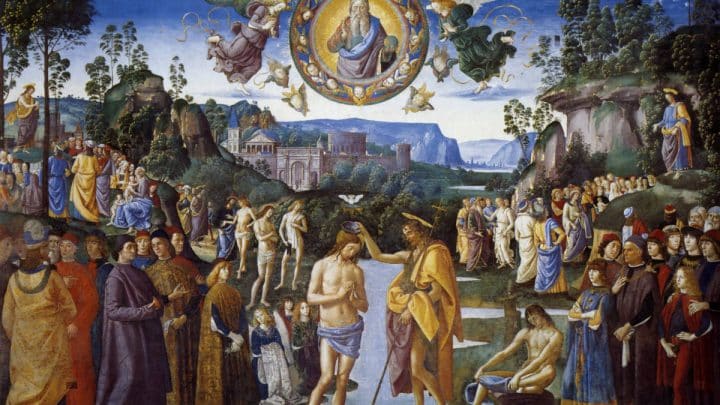
When I tell people that I love cemeteries, I usually get a few responses…one of which includes looking at me like I am a little off my rocker. I know that part of it is the history major in me, which is fascinated by the people and dates that you encounter wandering in the peaceful silence amongst forgotten headstones. Who would ever imagine that an Italian princess is buried in the Catholic cemetery of Nashville? Or the mathematician who mapped out an emergency rescue orbit that was used to save the astronauts of Apollo 13? The stories, legends, mistakes, and lessons that rest in cemeteries draw me there.
When I visited Paris, I made my way out to Père Lachaise, a cemetery known for its famous graves. Where else would you find Oscar Wilde, Jim Morrison, Abelard and Heloise, and Moliere together? Very different lives, very different times. And yet they’re all together here. As different as they were in life, now they’re grouped together in death. The famous, the rich, the despised, or the forgotten are side-by-side in a cemetery. At the end of this life, we may be buried next to our greatest enemy. The second-to-last chapter is the same for all of us.
I don’t know how you visit a cemetery without being reminded that this life is brief and that death is near. I suppose that’s why they’re so often empty.
It’s not just the history major in me that loves cemeteries. It is the Catholic in me. As you walk past those headstones, think of the brothers and sisters who have gone before us and pray for their souls. It is, perhaps, the greatest act of mercy we can give to another: to pray for their soul at a time when they’re no longer able to pray for themselves. We don’t know the state of anyone’s soul except the ones that the Church has canonized. So we pray for everyone and entrust them to the mercy of God.
I love a good walk through the cemetery because it reminds me I am not alone. In his work The Great Divorce, C. S. Lewis depicts hell as a place of isolation, where souls distance themselves farther and farther apart from each other. This is the end result of pride and selfishness: isolation and separation. But it is not the life of a Christian, who knows that they are never alone. The lie of the Devil in the midst of this vale of tears is that we are alone in our struggles, misunderstood in our pains, and by ourselves in our efforts.
We are never alone.
We have the Church Triumphant in Heaven, surrounding us as a great cloud of witnesses (Heb 12:1). We have the Church Suffering in Purgatory, praying for us and begging our prayers. We are not alone. We are members of a family, many of whom have finished the race before us and are now cheering us home.
The word “cemetery” comes from the Greek word for dormitory, a place of sleep. We’ve rejected the term necropolis, or city of the dead, because we know those bones will not remain in the ground forever. At the end of the world, everyone from Italian princesses to rejected Irish poets to your great-uncle will be reunited with their bodies. Just as these lives are brief and fleeting, so too is the separation of our souls from our bodies. Eternity awaits us.
Cemeteries should not scare us or depress us. Cemeteries should give us hope. They lie overgrown and unvisited, for our world would rather not be reminded of their own mortality. We need to visit mausoleums and cemeteries more often. Look at the names, one by one, of the people who may be complete strangers to you. Pray for them. And ask them to pray for you. You are not alone.
Reminder: One can gain a plenary indulgence for a soul in purgatory by visiting a cemetery and praying for the faithful departed between November 1 and November 8 (Along with the usual conditions — Holy Communion, Confession, Prayers for the Pope — see here)
In addition to this, a plenary indulgence, again applicable only the Souls in Purgatory, is also granted when the faithful piously visit a church or a public oratory on November 2 and prays an Our Father and the Creed for the faithful departed. See here for more information on indulgences.




